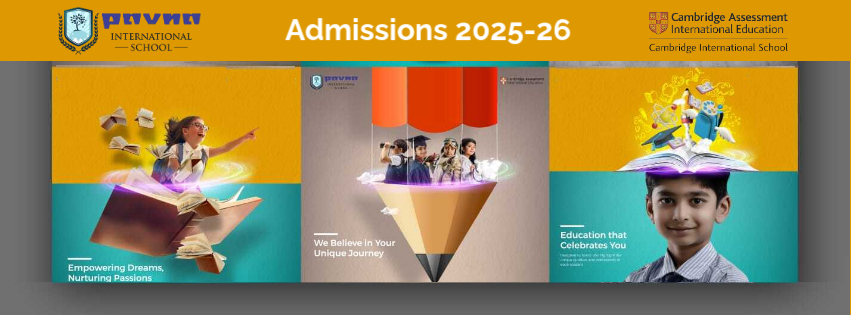Understanding the Cambridge Curriculum: Key Features and Benefits for Students
The Cambridge Curriculum is widely recognized for its rigorous academic standards and its global relevance. Developed by the University of Cambridge, this curriculum is tailored to equip students with critical thinking skills, a deep understanding of subjects, and a strong foundation for international education. In this blog, we’ll explore the key features of the Cambridge Curriculum and the benefits it offers to students.
Key Features of the Cambridge Curriculum
1. Flexibility and Customization
One of the standout features of the Cambridge Curriculum is its flexibility. Schools can choose from a wide array of subjects and levels, allowing educators to tailor the curriculum to meet the unique needs of their students. This customization facilitates personalized learning experiences, catering to diverse learning styles and interests.
2. International Perspective
The Cambridge Curriculum is designed with a global viewpoint, making it relevant for students from various cultural backgrounds. It prepares students not only for local examinations but also for international qualifications, ensuring they are well-prepared for a globalized world.
3. Robust Assessment Framework
Assessment in the Cambridge Curriculum is comprehensive and varied. Students are evaluated through a combination of coursework, written examinations, and practical assessments. This approach allows teachers to gain a deeper understanding of student progress and provides learners with multiple avenues to demonstrate their knowledge and skills.
4. Emphasis on Skill Development
Rather than solely focusing on rote memorization, the Cambridge Curriculum emphasizes the development of critical thinking, problem-solving, and communication skills. These competencies are integral to helping students succeed in further education and in their future careers, encouraging lifelong learning.
5. Continuous Development
The curriculum is regularly updated to reflect the latest educational research and developments in various fields. This commitment to continuous improvement ensures that students are learning relevant and contemporary material.
6. Global Recognition
Cambridge qualifications are recognized by universities and employers worldwide. This global recognition gives students who complete the Cambridge Curriculum a competitive edge when applying for further education or entering the workforce.
Benefits for Students
1. Holistic Learning Experience
The Cambridge Curriculum promotes a holistic approach to education. By integrating knowledge across subjects and emphasizing real-world applications, it helps students understand the interconnectedness of different disciplines, fostering a more comprehensive learning experience.
2. Preparation for Higher Education
With its rigorous academic standards, students who complete the Cambridge Curriculum often find themselves well-prepared for university-level studies. The critical thinking and analytical skills they develop are essential for success in higher education.
3. Enhanced Employability
Employers value the skills and qualifications gained through the Cambridge Curriculum. Students with Cambridge credentials often stand out in the job market, as they demonstrate competence, adaptability, and a strong work ethic.
4. Cultural Awareness
The global focus of the curriculum encourages students to learn about diverse cultures and perspectives. This cultural awareness fosters empathy and understanding, qualities that are essential in today’s interconnected world.
5. Lifelong Learning Mindset
By encouraging curiosity and a love of learning, the Cambridge Curriculum instills a mindset oriented toward lifelong education. Students are trained to seek knowledge beyond the classroom, equipping them to adapt to future challenges.
6. Supportive Educational Framework
Cambridge provides extensive resources and support for teachers and students alike. This includes professional development for educators, comprehensive teaching materials, and a community of schools that share best practices.
Conclusion
The Cambridge Curriculum stands out as an educational framework that not only meets high academic standards but also prepares students for the complexities of the modern world. With its focus on skills development, flexible learning paths, and global recognition, students are well-positioned for future success whether they choose to pursue further education or enter the workforce. Understanding the key features and benefits of this curriculum empowers both students and educators to make informed choices about their educational journeys.
Whether you are a parent considering educational options for your child, an educator looking to implement effective learning strategies, or a student eager to learn about the benefits of the Cambridge Curriculum, this educational path offers a wealth of opportunities for growth and achievement.







